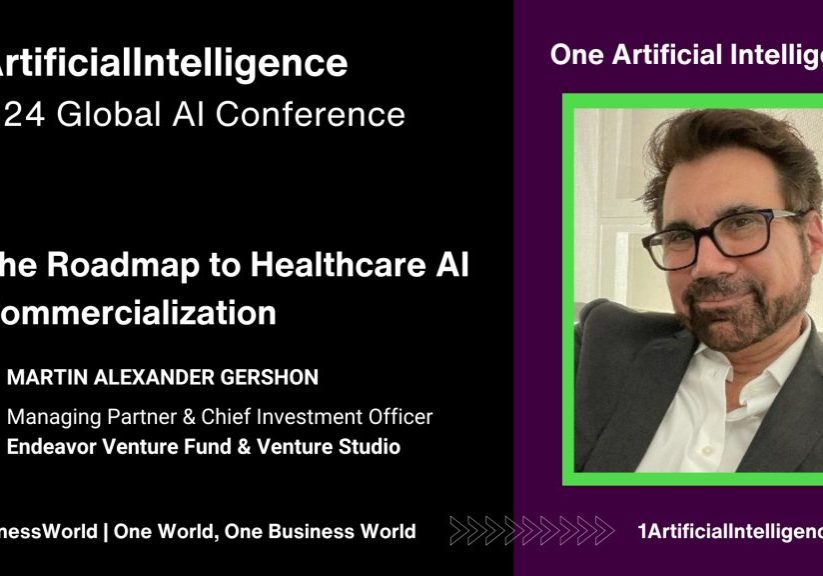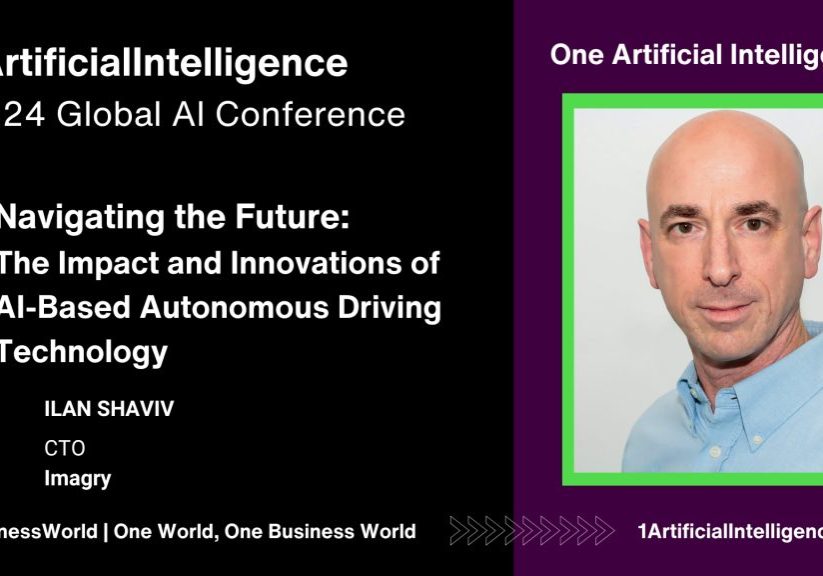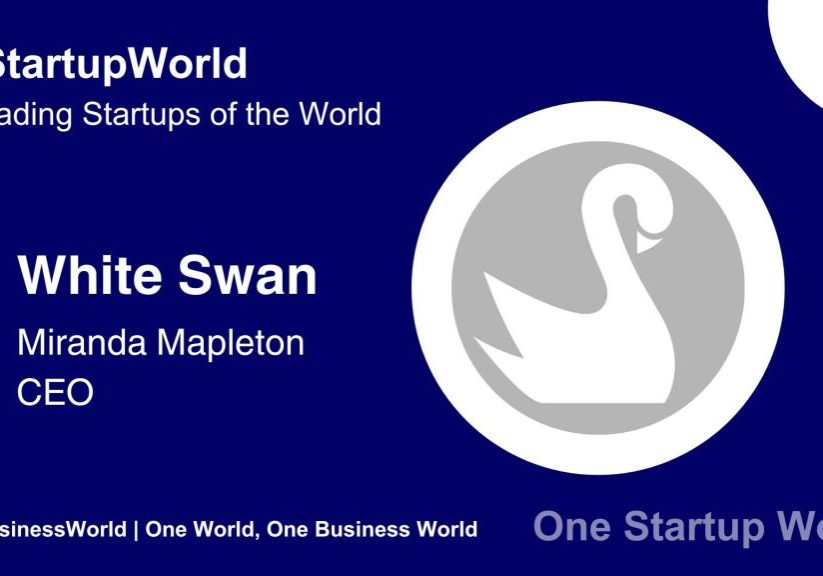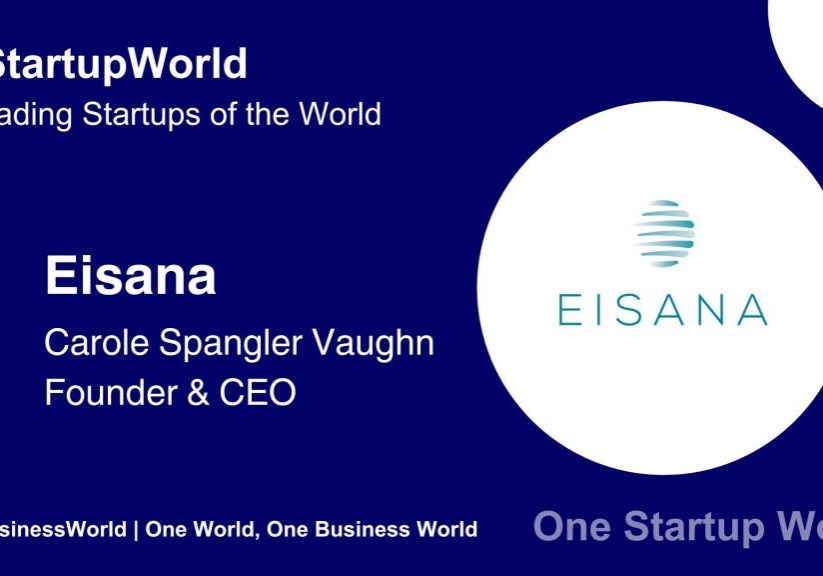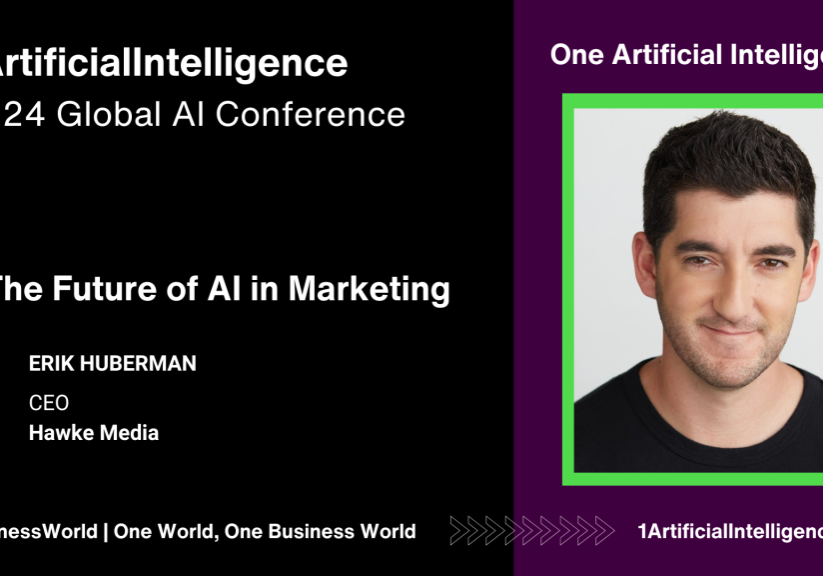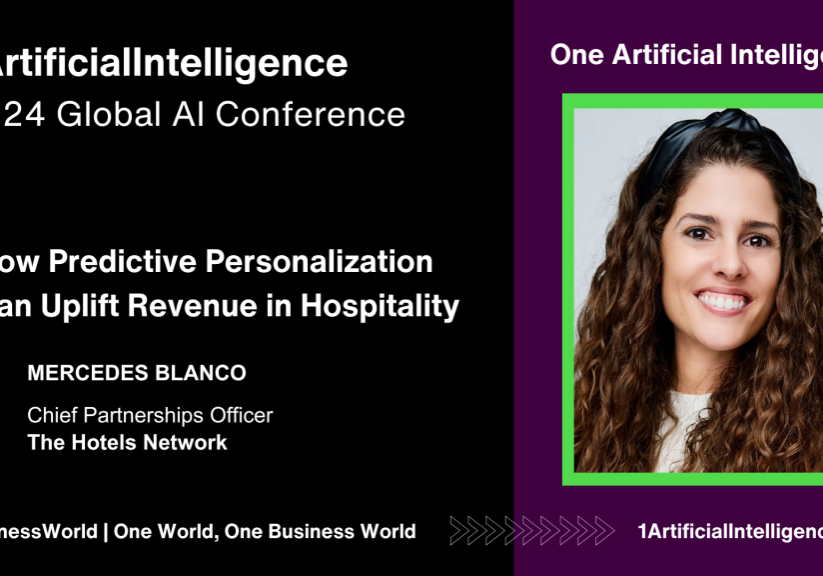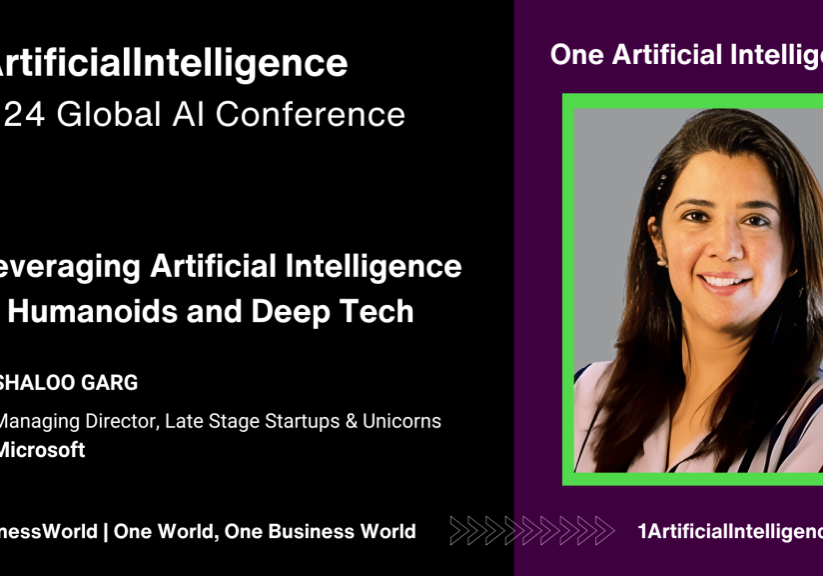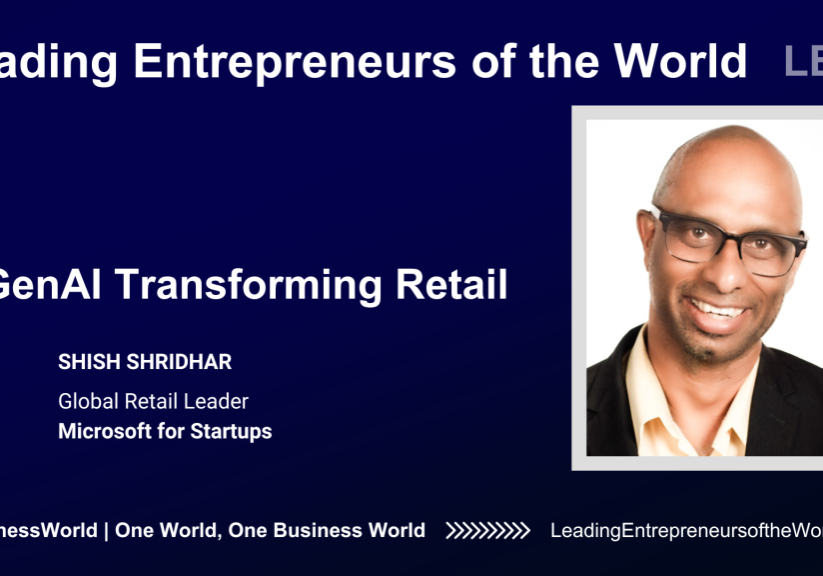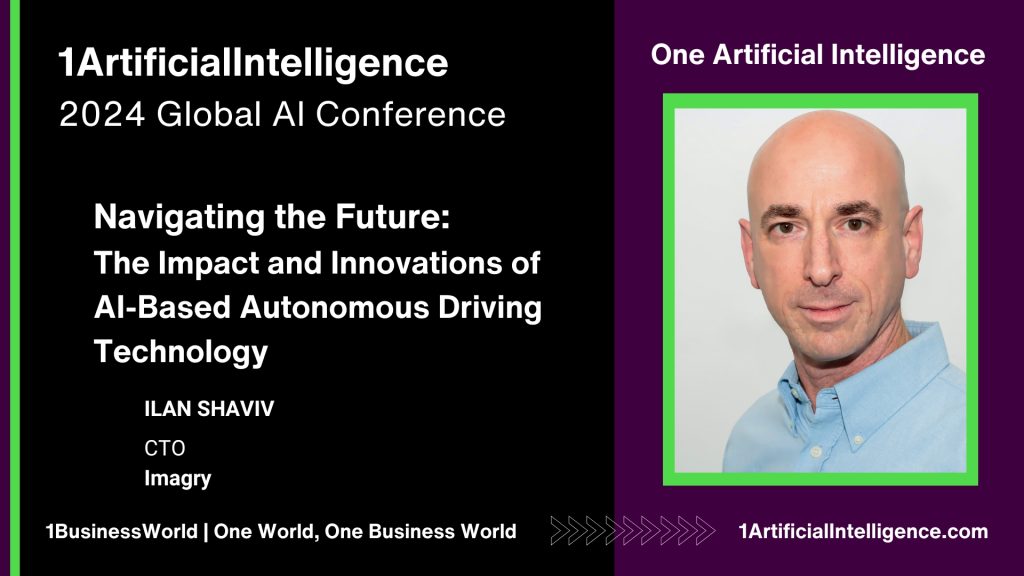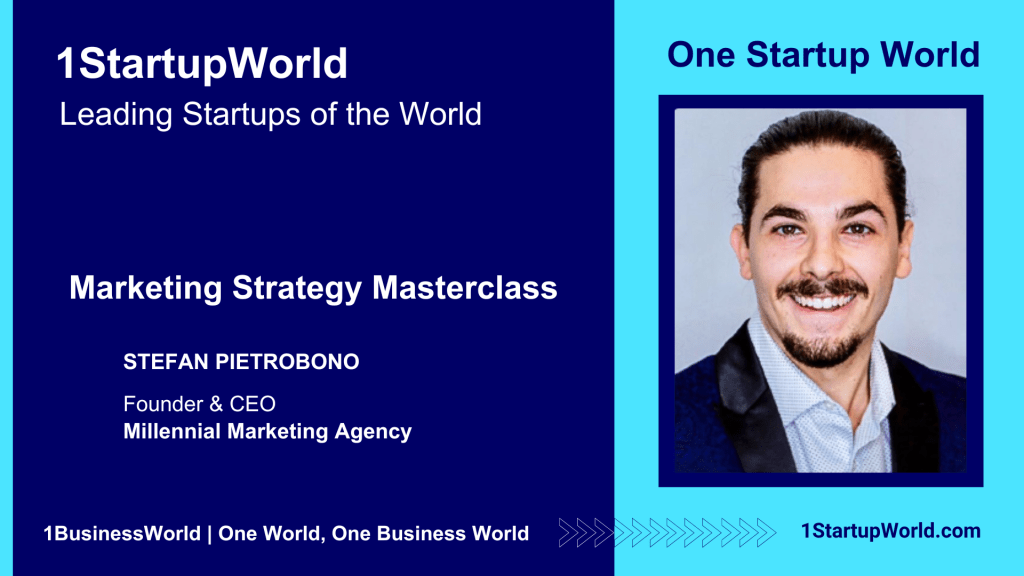
At the 2024 Global AI Conference, presented by 1ArtificialIntelligence and powered by 1BusinessWorld, a significant session titled “Breaking New Ground: How AI and Tech Startups Are Revolutionizing the Digital Health Landscape“ unfolds, capturing the attention of health and tech professionals worldwide. This session, led by Sally Ann Frank, WW Lead for Health and Life Sciences at Microsoft for Startups, brings together four high-growth startups—Artisight, OUTBOUND AI, Huma.AI, and CueZen—to discuss the transformative impact of AI in healthcare. The panel features industry leaders: Stephanie Lahr, President of Artisight; Stead Burwell, Founder and CEO of OUTBOUND AI; Lana Feng, Co-founder and CEO of Huma.AI; and Ankur Teredesai, CEO of CueZen.
Introducing the Innovators
Ankur Teredesai – CEO, CueZen
Ankur Teredesai kicks off the session, introducing CueZen as a company leveraging generative AI to provide personalized, evidence-based interventions aimed at driving healthy behavior change. Teredesai, who is also a professor of computer science and systems at the University of Washington, emphasizes CueZen’s mission to shift from standardized care to personalized care. This transition aims to tailor health interventions to individual needs, similar to how Netflix personalizes content recommendations.
Lana Feng – Co-founder and CEO, Huma.AI
Lana Feng follows, introducing Huma.AI, an evidence generation platform for life sciences powered by generative AI. Huma.AI addresses the challenge of unstructured data in the life sciences industry, traditionally reliant on manual curation. By automating this process, Huma.AI provides insights in minutes rather than weeks, significantly accelerating the development and deployment of innovative medicines and technologies.
Stead Burwell – Founder and CEO, OUTBOUND AI
Stead Burwell presents OUTBOUND AI as an applied AI platform focused on human-intensive work within healthcare enterprises. OUTBOUND AI develops AI agents to handle complex administrative tasks, particularly in the revenue cycle area. These agents facilitate communication between healthcare providers and payers, significantly reducing time and cost associated with these interactions.
Stephanie Lahr – President, Artisight
Stephanie Lahr, President of Artisight, shares her journey from internal medicine physician and healthcare IT executive to leading Artisight. Artisight employs computer vision and sensor networks to automate bedside care, aiming to reduce clinicians’ administrative burdens. By capturing high-quality data ambiently, Artisight enables healthcare professionals to focus more on patient care and less on documentation.
AI’s Impact on Healthcare: Detailed Use Cases
Artisight: Automating Care with Advanced Sensor Technology
Stephanie Lahr elaborates on how Artisight’s technology transforms clinical workflows within hospitals. Artisight’s use of computer vision and other sensors mimics clinicians’ senses, reducing their documentation burden. For instance, sensors automatically document a patient’s presence in the operating room, track procedural milestones, and notify subsequent care teams when a patient is ready for transfer. In patient rooms, similar technologies monitor patients and prevent falls while ensuring data privacy and security.
OUTBOUND AI: Enhancing Administrative Efficiency with AI Agents
Stead Burwell discusses OUTBOUND AI’s focus on improving backend operations in healthcare through AI-powered virtual agents. These agents handle complex, time-consuming tasks such as provider-to-payer communications for revenue cycle management. By automating these interactions, OUTBOUND AI reduces the administrative burden on healthcare staff, allowing them to concentrate more on patient care. Burwell highlights the efficiency gains and cost savings achieved through their AI agents, which operate over telephony infrastructure to facilitate real-time communications.
CueZen: Personalized Health Interventions with Generative AI
Ankur Teredesai details CueZen’s approach to personalized healthcare. Using generative AI, CueZen creates individualized care plans for patients, considering their unique lifestyle data and health needs. This method is particularly effective for managing chronic conditions, where personalized nudges and reminders significantly improve adherence to treatment plans. Teredesai shares a nationwide implementation example in Singapore, where CueZen’s platform enhances health outcomes across millions by providing personalized, non-intrusive health interventions.
Huma.AI: Accelerating Evidence Generation in Life Sciences
Lana Feng explains how Huma.AI leverages generative AI to automate the process of evidence generation in the life sciences sector. This includes curating and structuring data from various sources to support medical affairs, market access, and health economics outcomes research. By reducing the time required to analyze data from weeks to minutes, Huma.AI enhances the efficiency and effectiveness of pharmaceutical companies in bringing new drugs and medical technologies to market. Feng emphasizes the importance of transparency and accuracy in AI-generated insights, which are critical for regulatory compliance and trust in the healthcare ecosystem.
Addressing Challenges in AI Implementation
Ensuring Data Privacy and Security
Integrating and protecting patient data is a paramount concern in AI applications within healthcare. Both Stephanie Lahr and Ankur Teredesai highlight the importance of keeping data within the health system’s ecosystem, utilizing secure cloud environments like Microsoft Azure. They stress the need for anonymizing data and ensuring that AI systems operate within strict regulatory frameworks to maintain patient privacy and ethical standards.
Overcoming Adoption Barriers
Lana Feng and Stead Burwell address common barriers to AI adoption, including data security concerns, the accuracy of AI models, and the transparency of AI decision-making processes. Huma.AI tackles these issues by validating AI-generated insights against expert-curated data, demonstrating the superior accuracy and efficiency of their platform. OUTBOUND AI focuses on creating practical AI solutions that integrate seamlessly with existing workflows, thereby reducing resistance to adoption.
The Path to Widespread AI Adoption
The panelists agree that the next five years will witness significant advancements in AI applications within healthcare. Teredesai predicts a shift towards more personalized care models, supported by AI-driven insights from wearable devices and lifestyle data. Feng anticipates a shorter drug development cycle, driven by AI’s ability to rapidly analyze and generate evidence. Lahr and Burwell emphasize the need for education and trust-building among healthcare professionals to facilitate the adoption of AI technologies.
The Future of AI in Healthcare
As the session progresses, each panelist shares their vision for the future of AI in healthcare:
– Ankur Teredesai envisions a future where personalized care becomes the standard, with AI playing a crucial role in tailoring health interventions to individual needs.
– Lana Feng predicts that AI will significantly shorten the drug development cycle and improve access to new medical technologies.
– Stephanie Lahr cautions that while AI holds great promise, the healthcare industry must navigate the Gartner Hype Cycle and address fear and misunderstanding among clinicians to fully realize AI’s potential.
– Stead Burwell expresses optimism that the rapid advancements in AI technology, coupled with effective adoption strategies, will lead to exponential improvements in healthcare efficiency and patient outcomes.
Key Takeaways
“Breaking New Ground: How AI and Tech Startups Are Revolutionizing the Digital Health Landscape” at the 2024 Global AI Conference provides a comprehensive overview of how AI is transforming healthcare. The insights shared by Sally Ann Frank, Stephanie Lahr, Stead Burwell, Lana Feng, and Ankur Teredesai highlight the innovative applications of AI across various industry segments. From automating administrative tasks to personalizing patient care and accelerating drug development, AI is poised to revolutionize the healthcare landscape. As these technologies continue to evolve, they promise to usher in a new era of efficiency, precision, and personalized care in healthcare.
>>> WATCH THE VIDEO OF THE PANEL DISCUSSION SESSION HERE
